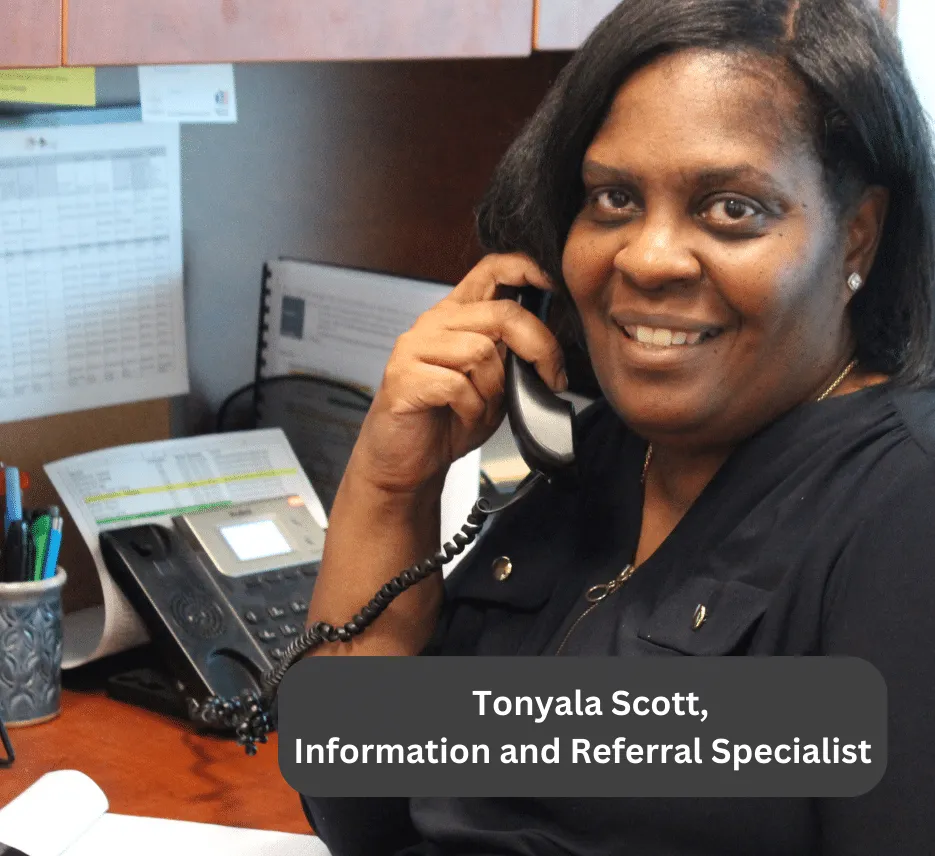Talk Therapy: How it Can Improve Your Mental Health
Talk Therapy: How it Can Improve Your Mental Health

What is Talk Therapy?
Talk therapy, also known as psychotherapy, is a field of mental health treatment grounded in scientific principles that aims to improve an individual’s emotional and psychological well-being. It is based on the understanding that our thoughts, emotions, and behaviors are interconnected and influenced by various factors, including past experiences, genetics, and environmental factors.
Talk therapy allows a person to discuss their concerns, goals, and challenges with another individual who has no preconceived notions, no biases and makes no judgments. It is designed to help a person target and eventually change patterns of thought and behavior that may threaten an otherwise healthy state of mind. The sessions between client and therapist are confidential and designed to create a safe space to share.
Talk therapy can help identify roadblocks and obstacles to healthy mental health. The reality is that many of us feel better after we talk to someone. Therapy helps us release shame and guilt; it allows us to share thoughts openly and honestly. Author and lecturer Brené Brown talks about shame being something that when kept inside it grows and when shared or released it loses its power and force. As a therapist and human being, I have seen this first hand in my practice with clients and for myself.
Beginning the Therapy Process
There are many reasons why people commonly seek therapy. It is a means to manage stress and anxiety, cope with sadness and depression, process previous traumatic experiences, work on breaking unhealthy habits, discuss possible lifestyle changes, pinpoint triggers in their lives and gain more positive coping skills and to help understand and improve family relationships.
So, how does it work?
When a person begins the process, the therapist will ask several questions during an initial appointment. This allows the therapist to gain a comprehensive understanding of the person’s history and background so they can begin to map out a plan for future sessions and treatment.
Generally speaking, the therapist will inquire into family history (birth and adoptive), developmental history (milestones such as walking, talking, etc.), history of mental health conditions, physical history (illnesses current or past), past traumas, daily life coping issues if any, significant present, and past relationships. It is also important for the practitioner to try to learn what the patient hopes to accomplish through therapy. During intakes with clients, I often explain that I am a detective of sorts, nosing around trying to get a complete picture of what is going on in the client’s life.
With the history complete, the real work of therapy begins. Talk therapy should be an open-ended dialogue about any issues or concerns a person faces. A therapist may take notes while a person shares information about their family life, relationships, childhood experiences, and symptoms or history of a condition, to name a few examples. A therapist must be a listener, a sounding board, someone with whom the patient can be open and feel safe about expressing their feelings and thoughts. In addition to this “reflective listening”, some therapists take a more active and directional role by offering insights, tools and strategies for the patient to take away and use in their day-to-day life.

Choosing a Therapist
When choosing a therapist, the prospective client should do some research and not be afraid of asking questions. Have you worked with ADHD clients in the past? Do you incorporate family members into therapy? No question is a dumb question.
As the patient, you should be up front about what is working and what is not. Don’t be shy. The therapist is there to help. It is their job. Providing feedback will assist the therapist in doing what they are there to do. In my experience as a therapist, it’s been very helpful when a client tells me for example that they prefer to work on goal setting rather than something else. Therapy can be helpful in many different ways. Individual, couples, groups and family work provide different means to a successful therapeutic experience.
Regardless of the modality, finding the right therapist is a key piece in the process. Someone looking for help with addiction, for example, should choose a practitioner who has experience and possibly a practice focus in that area. Similarly, an adopted person or family member should seek out an adoption competent therapist. Although the therapist may not have had the same experiences, they should be trained and experienced in the area that the patient has a specific need.
Keep in mind that therapists are people too and how one therapist conducts sessions is often quite different than another. Some therapists may share information about themselves and their experiences as it pertains to the patient and their treatment. Some therapists are more private, rarely if ever discussing their private lives. Don’t be offended if your therapist does not want to talk about themselves. It doesn’t mean they don’t like you. It doesn’t mean that they don’t trust you. It means only one thing – this is your therapist – not your friend.

Talk Therapy & Adoption Experiences
In the context of adoption, talk therapy is specifically designed to support individuals and families who have been through the adoption process or are affected by adoption-related issues. The therapy provided by adoption competent trained therapists is rooted in evidence-based approaches and incorporates specialized knowledge about the unique challenges and dynamics involved in adoption. Loss, grief, and attachment are just a few areas that adoption related therapy may focus on.
There is no limit on the number of talk therapy sessions a person might attend better to understand their condition, habits, or challenges. The frequency of sessions and duration of treatment is often determined by both the therapist and patient. There is nothing wrong with discussing modifications to the frequency of sessions. Therapy can be hard and challenging, for sure. But it also can be fun, illuminating and exhilarating. And of course, it must be flexible. One size does not fit all.
For all of us, talking is an essential component of our lives, whether with a friend, family member, colleague, or professional therapist. Talking things through helps us to release tension rather than keeping it inside. Talking about our feelings is healthy – it helps us make sense of the world, those around us and, most of all – ourselves.
Written by Julie Bulitt, LCSW-C a C.A.S.E. Clinical Supervisor, an adoptive parent and also maintains a private practice in Silver Spring, Maryland. Along with her attorney-husband, she is the co-author of two published books on relationships and the co-host of Conversations for Couples – The Podcast.

